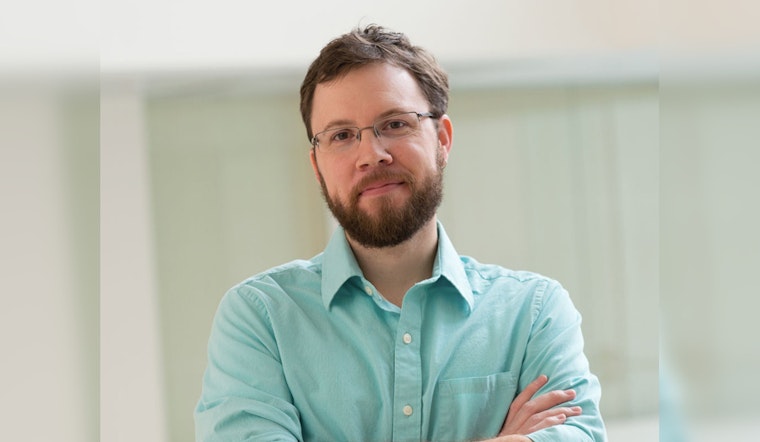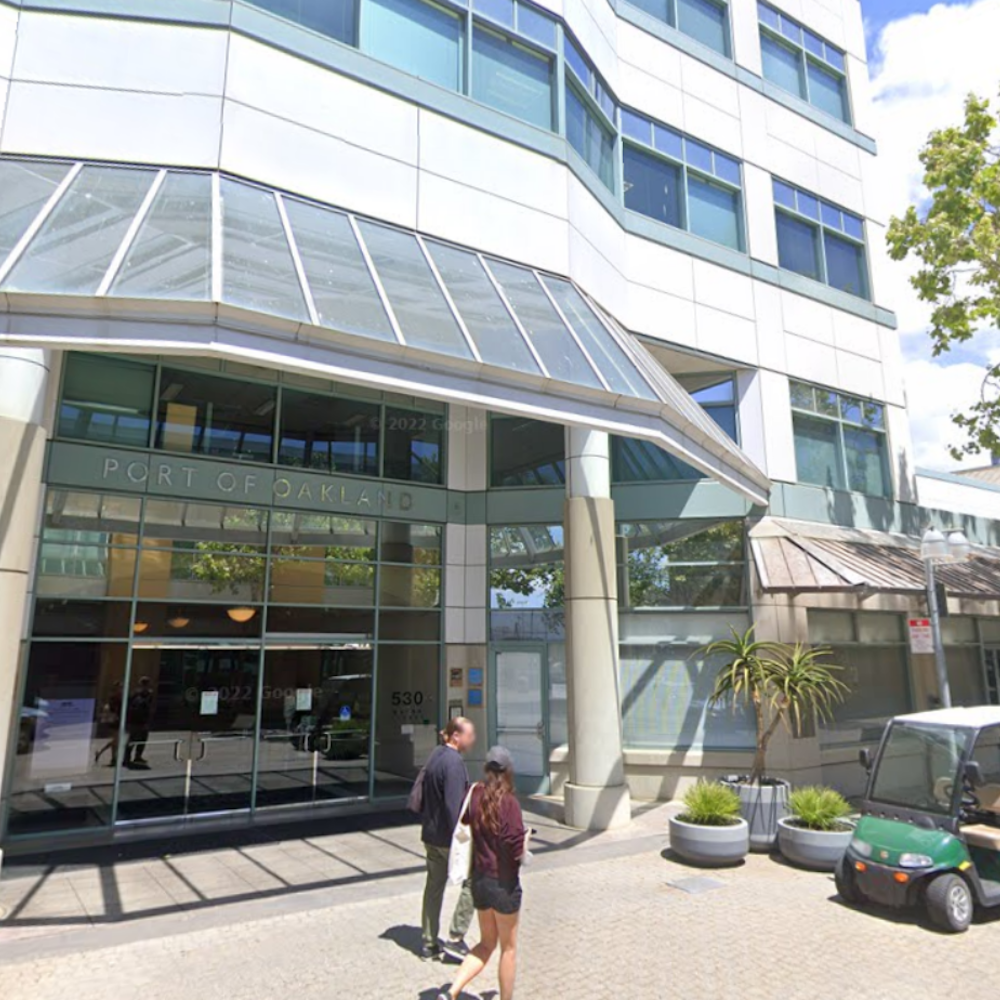
Investigating the buzz behind our brain's operations, MIT's associate professor Mark Harnett is delving into the electrical lifeblood of mammalian cortical cells, seeking to unravel the mysteries that foster human learning and behavior, as reported in a recent feature by MIT News.
Harnett's fascination with the field ignited at Reed College when his first real-time observation of a neuron's electrical spikes hooked him for good, sparking a journey from constructing his own patch clamp rig to earning tenure at MIT's renowned Department of Brain and Cognitive Sciences an assiduous path marked by academic curiosity and the discovery of brain function complexities, Harnett says, "My lab's ultimate goal is to understand how the cortex works," in an interview with MIT News.
Traversing a career that spans synaptic transmission research in an auditory system lab and an extensive exploration into dopamine's role in addiction during his PhD, Harnett’s multidisciplinary approach now encapsulates molecular studies up to theoretical neural circuit models. He emphasizes how his team strives to connect molecules like synaptic receptors and ion channels to the grander neural computations that command complex cognitive tasks.
Mark Harnett's lab recently discovered a striking characteristic of human neurons: they possess fewer ion channels than other mammals, a trait that potentially exemplifies evolutionary efficiency and better resource allocation for intricate thought processes, this according to a 2021 study shared by MIT News. Equally captivating, his lab uncovered millions of "silent synapses" residing in the adult brain; these dormant connections could hold the key to continual memory formation and learning—illuminating the plasticity of the adult brain.
The professor's dedication extends to nurturing a vibrant lab environment, privileging collaboration over solitary research and fostering innovation among students and colleagues. Harnett told MIT News, "I have this incredible, dynamic group that has been really great to work with. We take a broad approach to studying the cortex, and I think that's what makes it fun." As they stride forward, Harnett and his team remain focused on comprehensive research, bridging the gap from molecular insights to the behaviors that define human experience.









